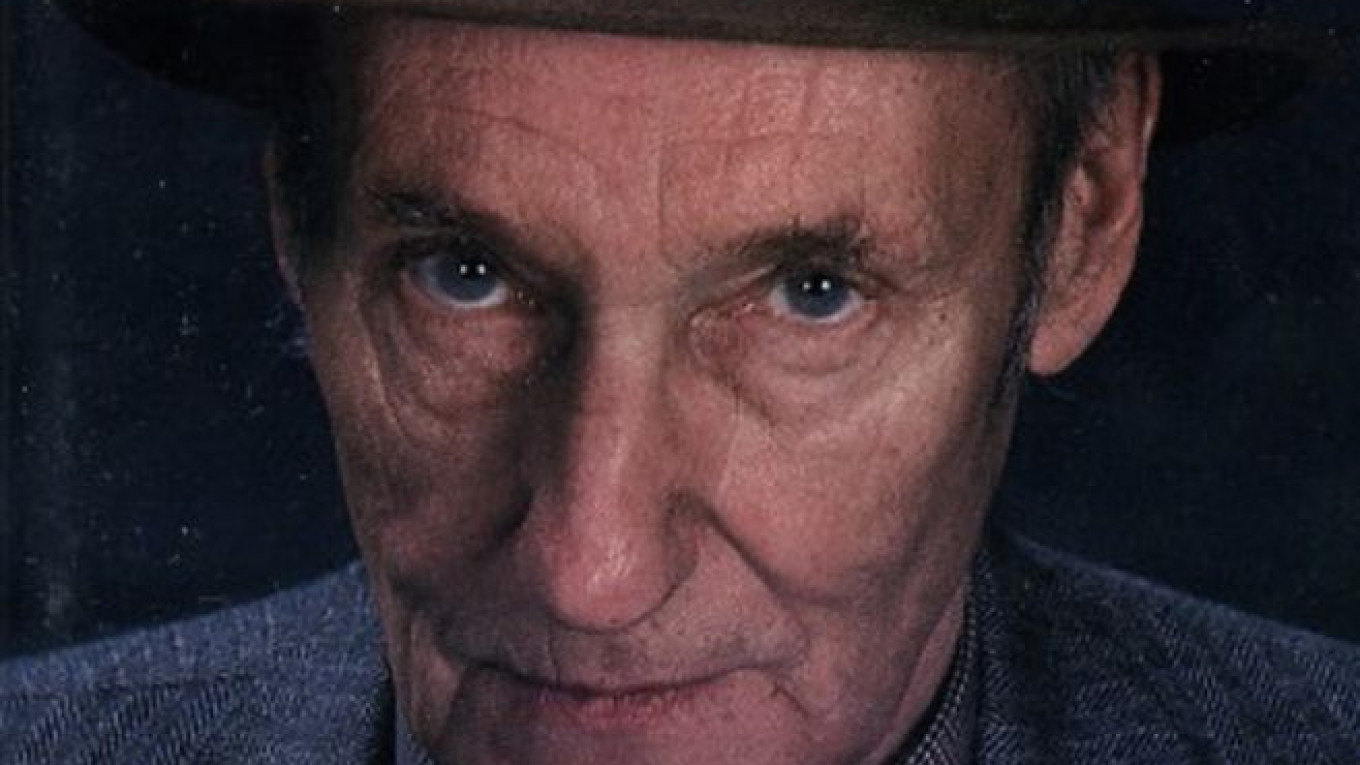By Anastasia Bazenkova
artsreporter@imedia.ru
The sixth Beat Film Festival in Moscow presents a wide range of documentaries on music and contemporary culture, from an American production about mysterious graffiti artist Banksy to the first international documentary film from Greenland about a music band that inspired a cultural revolution in the country.
The festival, featuring hits from all over the world as well as works of independent directors, will run till June 7.
Beat Film Festival was originally conceived as a festival of music documentaries but it does not limit itself to movies about famous musicians and musical phenomena.
"In Russia, poets and writers are as popular as musicians," said Alyona Bocharova, the co-founder of the Beat Film Festival.
The festival opened on Thursday with the Russian premiere of a 1983 documentary dedicated to the American writer, William S. Burroughs, one of the founders of the Beat Generation.
"Burroughs: The Movie" by American director Howard Brookner is the only film about the writer in which he willingly and openly talked about himself.
The film was directed with the help of his classmate and close friend, the now famous filmmaker Jim Jarmusch, during their studies at film school. The film premiered in New York in 1983 but was soon lost and forgotten. "Burroughs" only returned 31 years later when the New York Festival re-launched the film in 2014 after it was found and restored by the director's nephew Aaron Brookner. Apart from Burroughs himself the documentary stars Patti Smith, Allen Ginsberg and other major figures of the Beat movement.
Aaron Brookner, who grew up among his uncle's famous friends, is in Moscow to present the film about Borroughs and also to give a talk on the influence of punk culture on the filmmaking industry in the '80s and '90s on Sunday.
Another highlight of the festival is a piece by the British directors James Hall and Edward Lovelace "The Possibilities are Endless," featuring Edwyn Collins, frontman for celebrated Scottish post-punk band Orange Juice, who is widely known for the 1994 song "A Girl Like You." Ten years ago the musician suffered a massive stroke.?
After the stroke, the only words and phrase he could say were "yes," "no," his wife's name "Grace Maxwell" and "the possibilities are endless."
The film, which premiered in 2011 in London is the story of how Collins learned to talk again and then to sing.
"Edwyn is such an inspiring figure, always trying to strive forward. And the film had to have that," Lovelace told the Daily Telegraph.
The screening of "Iris," featuring Iris Apfel, a 93-year-old fashion icon, will be on in tribute to legendary filmmaker Albert Maysles, who died in March. Iris was the final work of the American director, who made the cult film "Gimme Shelter" about The Rolling Stones.
"Iris takes its place on that list as a film in which watching someone talk becomes an act of artistic creation," New Yorker film critic Richard Brody wrote about the film.
This year, for the first time in the history of the event, Russian directors will participate in the festival. Six Russian films, no longer than half an hour each, will look at the development of modern musical culture in Moscow and the Russian provinces."We are trying to attract documentaries made by both students of film institutes and film studios in order to spur Russian young directors," Bocharova said.
The festival also offers a series of discussions on feature and documentary films in the modern world, which will feature international directors, musicians and actors and on Sunday it will hold a book day for the first time. Prominent film critic Anton Dolin will present a talk about "Consumed," the debut novel by iconic Canadian filmmaker David Kronenberg, which has just been published in Russia.
The festival will also host a retro hip-hop party in the courtyard of the Strelka Institute, in honor of the film "Fresh Dressed" by American director Sasha Jenkins, which tells the story of hip-hop culture street fashion.
A Message from The Moscow Times:
Dear readers,
We are facing unprecedented challenges. Russia's Prosecutor General's Office has designated The Moscow Times as an "undesirable" organization, criminalizing our work and putting our staff at risk of prosecution. This follows our earlier unjust labeling as a "foreign agent."
These actions are direct attempts to silence independent journalism in Russia. The authorities claim our work "discredits the decisions of the Russian leadership." We see things differently: we strive to provide accurate, unbiased reporting on Russia.
We, the journalists of The Moscow Times, refuse to be silenced. But to continue our work, we need your help.
Your support, no matter how small, makes a world of difference. If you can, please support us monthly starting from just $2. It's quick to set up, and every contribution makes a significant impact.
By supporting The Moscow Times, you're defending open, independent journalism in the face of repression. Thank you for standing with us.
Remind me later.


